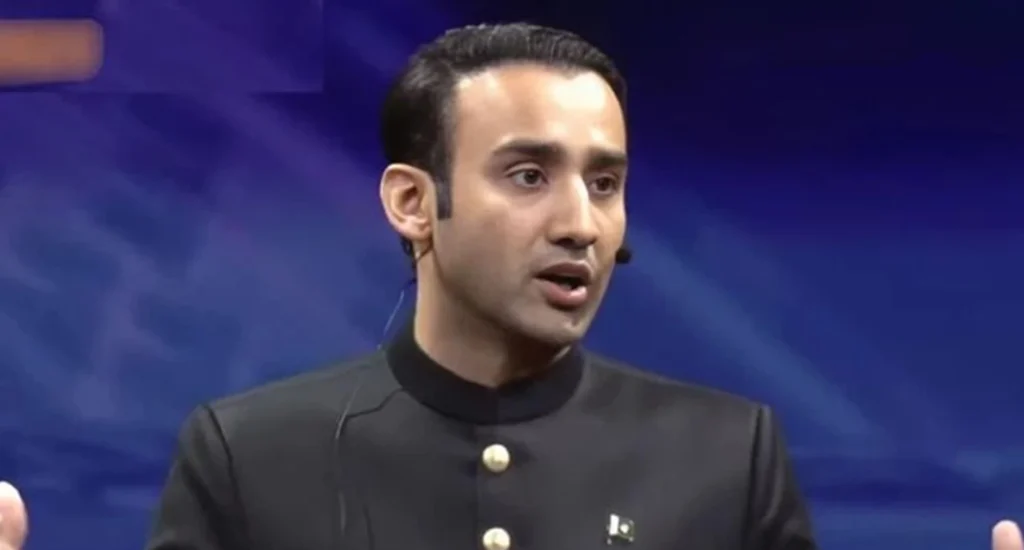Pakistan Launches First Govt-Backed Strategic Bitcoin Reserve
- Abeera Marium Siddiqui
- May 30, 2025
- 4:54 pm
- 39
- Trending

The Pakistan Bitcoin reserve is now a reality. The country has taken a historic step by launching its first government-backed strategic Bitcoin reserve. Special Assistant to the Prime Minister on Crypto and Blockchain, Bilal Bin Saqib, announced the move at the Bitcoin Vegas 2025 conference in Las Vegas.
Speaking to a global audience, which included US Vice President JD Vance, Eric Trump, and Donald Trump Jr, Saqib said this initiative marks a major shift in Pakistan’s digital strategy. He emphasized that Pakistan’s youth is ready to drive the future. “Our youth are online and on-chain,” he declared. “The Pakistan of tomorrow is being built today.”
To support this digital leap, the government has launched a national Bitcoin wallet. It will hold digital assets already in state custody. These assets are not for sale or speculation. Instead, they serve as a sovereign reserve to show long-term confidence in decentralized finance.
Pakistan has also allocated 2,000 megawatts of surplus electricity to power Bitcoin mining and AI data centres. This surplus energy will attract global tech firms, miners, and clean energy partners. It will also help Pakistan monetize unused resources while creating high-tech jobs.
During his keynote, Saqib revealed plans to establish the Pakistan Digital Asset Authority (PDAA). This new body will regulate exchanges, wallets, stablecoins, and decentralized finance (DeFi) platforms. Approved by the Ministry of Finance, the PDAA will also promote the tokenisation of national assets and help ensure compliance with FATF standards.
Saqib stressed that Pakistan is not stepping into the crypto world for quick profits. Instead, the Pakistan Bitcoin reserve is being treated like a strategic asset—similar to gold or oil. The goal is to strengthen the economy and attract foreign direct investment.
Currently, Pakistan has over 40 million crypto wallets and a large freelancing workforce. The country ranks among the world’s most active digital economies. Yet, until now, the lack of regulation left millions of users vulnerable to fraud and unregistered platforms.
By regulating the crypto space, the government hopes to bring users into the formal economy. This could create new tax streams, protect investors, and boost global trust. Saqib called on the global crypto community to invest in Pakistan. “Come build with us. Come tokenise land. Come empower our youth,” he urged.
In recent months, Pakistan has also formed a National Crypto Council. It aims to develop a legal framework for digital assets. In a strategic move, the council appointed Binance co-founder Changpeng Zhao as an adviser. In April, World Liberty Financial (WLFI), a Trump-backed DeFi project, also signed a deal to support Pakistan’s blockchain infrastructure.
Meanwhile, the United States has also taken steps to formalize its crypto strategy. President Donald Trump recently issued an executive order to create a Strategic Bitcoin Reserve and a Digital Asset Stockpile. These reserves will use cryptocurrencies seized by the government in legal cases. This signals a growing global trend of integrating digital assets into national strategies.
As the digital economy evolves, the Pakistan Bitcoin reserve positions the country as a rising hub for blockchain innovation, digital finance, and tech-driven growth.



